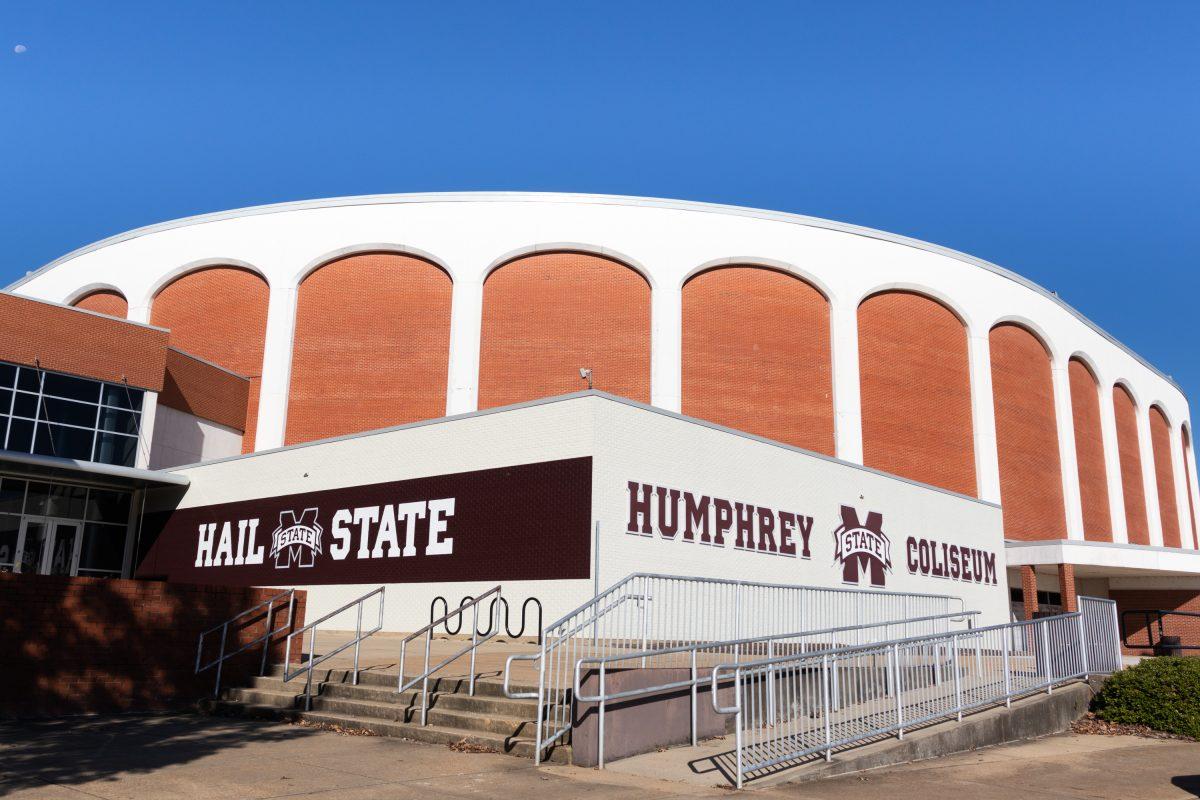The diversity found in today’s athletics is worlds ahead of what it once was, but there are still some apparent inequalities found between men’s and women’s sports. For example, the price for general admission season basketball tickets at Mississippi State University is only $85 for the women’s team, while they are $155 for the men’s team. This is close to double the price of the women’s basketball tickets. Furthermore, reserved season tickets for women’s basketball are $150, which is still lower than general admission for the men. In a society which preaches equality, how are ticket prices like these still so polarized? The unfortunate truth is ticket prices are a surface-level example of the deep-rooted inequality between the sexes.
A simple fix to this problem would seemingly be to make the ticket prices the same. This method, however, is not a fix-all due to general business and economic principals. Robbie Butler of The Economics of Sport claims ticket prices to be a reflection of the demand for admission. If the prices were raised too high, the demand for them would decrease. For various reasons, ticket prices are valued less for women’s sports. Raising the price to match the men’s sports would only lower the number of buyers. Matching the prices will not fix the problem of inequality.
One main issue in this disparity arises from the fact women’s sports do not generate as much money as men’s sports. Anya Alvarez of The Guardian claims this is partially due to the marketing and media coverage of women’s sports. She highlights the stark contrast in the emphasis on women’s and men’s sports by using the example of the 2015 World Cup. Even though the U.S women’s national soccer team was the overall winner, team members’ pay was a fraction of their male counterparts’ even despite the men’s team never having won a World Cup in its history of existence. Regardless of their superior performance, the women’s team was not paid accordingly because they are not marketed or covered by the media the same as the men’s team. This affects not only ticket prices of the events but also the overall salaries of the players. The lack of emphasis on women’s sports leads to a greater gap in both admission prices and wages.
The lower ticket prices and lessened interest in women’s sports stems from a more complex issue. Discrimination based off of sex is still very apparent in many aspects of life. Sports is only one example. Olivia Abrams of Forbes writes on the severe wage gap between the top-paid men and women athletes. She explains this wage gap is created from the primary focus of the media and general public on men’s sports. Ultimately, lower revenue, wages and ticket prices stem from society’s overall attitude towards women’s sports.
The price difference in MSU basketball tickets is only one specific example of a widespread issue that exists in athletics and beyond. Claiming this is unfair is valid, but something to remember is ticket prices only reflect the demand from the public. Society as a whole will have to support women’s sports more for the financial side of things become balanced. The general public plays a large role in the inequality found so frequently across the U.S. Fortunately, the same people responsible for this problem are the ones who can fix it. Inequality is a pervasive issue, but with time, appreciation and investment, society can help to change this for the better.
Categories:
Differences between MSU men’s and women’s basketball ticket prices are representative of a deeper inequality issue
Adam Sullivan | The Reflector
The Humphrey Coliseum hosts both men’s and women’s basketball at Mississippi State University.
0
More to Discover






